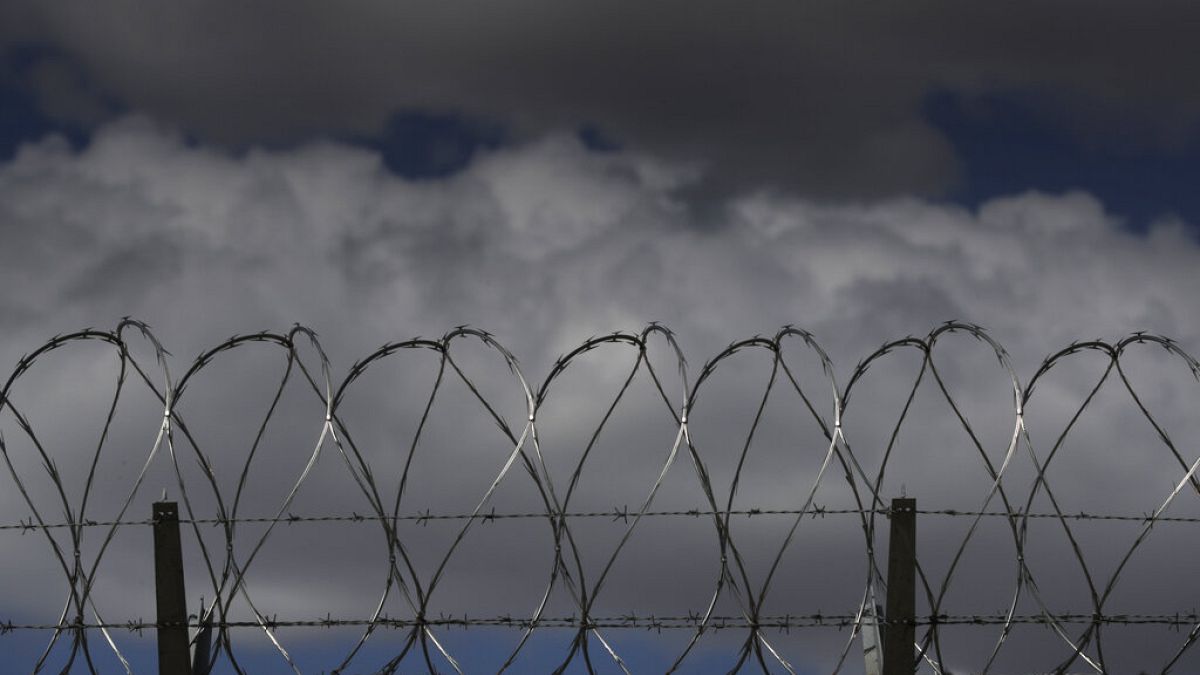According to the Portuguese Military History Commission, these movements stem from the current context of the war in Ukraine and do not currently give much cause for alarm or concern.
The Portuguese Navy says it has been recording an increasingly intense traffic of Russian ships off its coast.
About three warships, two refuelling vessels, three scientific research vessels, and one spy vessel have passed through Portuguese waters in recent times, naval authorities say.
Speaking to Euronews, Major General João Vieira Borges, president of the Portuguese Military History Commission, described the movement as normal, saying there was no cause for concern or alarm.
“Accompanying NATO exercises, or the exercises themselves, in the context of countries more or less associated with Russia or Russia's own exercises implies that there will be movements," said Vieira Borges.
"Because we're in the Atlantic, and from the Atlantic they go to the Baltic, and from the Baltic they can also go to the Arctic or directly from here. So this movement is normal," said the president of the Portuguese Military History Commission.
According to the Military History Commission, these moves are not only a demonstration of Russia’s power but stem from the current context of war in Ukraine. The commission, however, warned that the presence of spy ships indicates the obtaining of communications.
'No cause for alarm' but continued observation 'important'
Defence authorities in Portugal say they are ensuring that the Navy follows the flow of Russian ships with close vigilance, given Portugal's geopolitical position as a gateway to Europe.
“Our response to this is to follow them, control them, and keep them under constant pressure with our constant presence,” Naval Chief of Staff Admiral Henrique Gouveia e Melo told journalists last week on the sidelines of the arrival of the ship D. Francisco de Almeida at the Lisbon Naval Base, following a NATO mission that monitored movements of Russian ships in Portuguese waters.
While authorities in Portugal maintain there is no real cause for alarm, they have also said it was important to continue to observe the trends.
“Portugal, obviously, given the extent of the sea it has, both the Exclusive Economic Zone and the continental shelf, obviously has to be more vigilant," says Major General João Vieira Borge.
"This is part of its missions, both to protect sovereignty and territorial integrity and as part of its commitment to international organizations, specifically NATO,” he added.
In the last three years, the Navy says it has carried out 126 monitoring missions. In 2022, the year the Russian Federation invaded Ukraine, there were 14 such operations. The following year, that number tripled to 46.
This year, 66 missions have been completed so far, according to the Portuguese Navy.

 1 month ago
25
1 month ago
25






 We deliver critical software at unparalleled value and speed to help your business thrive
We deliver critical software at unparalleled value and speed to help your business thrive






 English (US) ·
English (US) ·